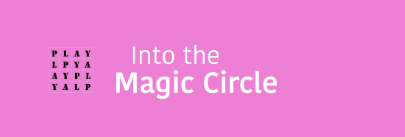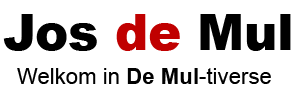 Jos de Mul. Uncle Sim Wants You! Playful Warfare. Into the Magic Circle. Vol. 1 (2024), no. 1.
Jos de Mul. Uncle Sim Wants You! Playful Warfare. Into the Magic Circle. Vol. 1 (2024), no. 1.
Abstract
According to Huizinga’s Homo Ludens (1938), all cultural phenomena should be understood as play, since they follow specific rules. In this sense, playful culture is opposed to the seriousness of life. This even applies to war. Although sometimes fought to the bitter end, the noble betting camp was avoiding unnecessary bloodshed. Huizinga criticizes modern, twentieth-century culture because seriousness and play have become completely intertwined. War games like America's Army, which are not only a tool for propaganda but also for recruitment and military training, illustrate this. Although Huizinga in Homo Ludens sharply criticizes Carl Schmitt's war rhetoric, both thinkers share their criticism of the blurring of seriousness and play in modern culture. The crucial difference between Huizinga and Schmitt lies in the fact that where Huizinga advocates play as a neutral and essentially apolitical core of human culture, Schmitt believes that human life acquires its dignity through the political sphere, which ultimately also includes the willingness to kill belongs to the enemy.
Keywords: Johan Huizinga, Homo ludens, war, America’s Army, Carl Schmitt
 Jos de Mul
Welkom in DE MUL-tiverse
Jos de Mul
Welkom in DE MUL-tiverse
 Jos de Mul
Welkom in DE MUL-tiverse
Jos de Mul
Welkom in DE MUL-tiverse